
❤️ VALENTINES DAY "HEART HEALTH" FLASH SALE ❤️
The powerful anti-MMP properties of sub-antimicrobial Doxycycline dosages that result in the repair of injured and scarred heart cells.
In the early stages of the “pandemic” Dr. Didier Raoult discovered that azithromycin used in combination with hydroxychloroquine and zinc was a superior late stage COVID treatment protocol than just hydroxychloroquine and zinc on its own.
Initially, it was assumed that the improved outcomes with azithromycin were were due to the amelioration of secondary bacterial infections.
The late Dr. Zelenko improved on this protocol by adding Doxycycline to the above combo. The reason Doxycycline was added in addition to azithromycin was not for its traditional role as an antibacterial, but, rather, because doxycycline down-regulates the matrix metalloproteinase (MMP) enzyme that is responsible for tissue injury and scarring. When patients suffer a serious autoimmune reaction from sarscov2, a cytokine storm is triggered, resulting in severe tissue injury and scarring to the lungs.
Doxycycline has shown to effectively resolve the lung injuries from cytokine storms.
Periodontists have known for many years that compounds with anti-MMP properties, especially Doxycycline, may help with resolving gum injuries.
As early as 2005, professor of dentistry at the University of Toronto Dr. Howard Tenenbaum was studying effects of anti-MMP compounds on animals with induced myocarditis. The results showed that the MMP were down-regulated by the anti-MMP compounds, resulting in repair of the heart tissue.
This research showed potentially transformative outcomes for those suffering from myocarditis — an exceedingly rare disease at that time.
Some key findings and conclusions in morphology and gene expression in a rat model:
Cardiac Function: The study validated the MI (myocardial infarction) model by demonstrating a significant decrease in ventricular function post-MI compared to sham-operated rats at day 35. Treatment with either MMP inhibitors or ACE inhibitors significantly improved ventricular function compared to non-treatment.
Morphological Changes: Drug administration, particularly with MMP inhibitors, appeared to promote the formation of smaller MI areas and reduced left ventricular circumference compared to non-treated groups. This suggests that these treatments helped preserve normal anatomical features of the heart.
Collagen Deposition: Decreased collagen deposition, observed especially in the MMP inhibitor-treated group, may have contributed to the maintenance of cardiac function, distensibility, and contractility. Non-treated MI hearts showed the highest levels of collagen content, fibrosis, and organization.
Gene Expression: The study analyzed changes in gene expression in response to different treatments. While there were only minor changes in the expression profiles for structural genes, the findings suggest that down-regulation of genes involved in apoptosis and up-regulation of genes producing anti-inflammatory proteins could support post-MI cardiomyocyte viability and reduce cell death and hypertrophy.
Renin-Angiotensin-Aldosterone System (RAAS): Decreased expression of RAAS components is likely responsible, at least in part, for improved function due to hemodynamic regulation in the treated groups.
Limitations of Microarray: The study acknowledges the limitations of microarray analysis, emphasizing the need for careful interpretation of gene expression data and the importance of confirming results with further research assays.
Overall, this research provides a comprehensive understanding of the complex mechanisms involved in post-MI cardiac remodeling and how different treatments can influence cardiac function, morphology, and gene expression. The findings support the potential therapeutic benefits of MMP inhibitors and ACE inhibitors in the context of myocardial infarction.
Fast forward to 2021 when the slow kill bioweapon “vaccines” were foisted on the world, and myocarditis became a common adverse event (NOT RARE AS PER THE CENTERS FOR DISEASE CRIMES [CDC]).
These injuries are a result of autoimmune attacks on the heart cells expressing proteins not recognized by the immune system. This condition is a direct result of the Modified mRNA injections, which induce the cellular machinery of heart cells to express unrecognized proteins.
Too many people that subjected themselves to the PSYOP-19 “vaccines” are now suffering from this once rare condition.
And one of those unfortunate individuals that experienced massive heart damage from these “vaccines” happened to be my relative.
About My DEATHVAX™ Injured Relative
Backstory: In March of last year my dear relative T was persuaded into taking Pfizer’s slow kill bioweapon injection. On the way to the appointment T called me twice to consult with me about her fast approaching medical procedure. One of my greatest regrets was being preoccupied at the time, and thus unable to answer her calls.
After the above article was written much fact-finding was performed on behalf of my relative. During that time Dr. Tenenbaum provided this Substack with an exclusive research paper that was instrumental in healing my relative; to wit:
EXCLUSIVE RESEARCH BOMBSHELL: Possible Treatment Approach for Management of Post-COVID Vaccination Myocarditis
This is perhaps the most important article in this Substack’s ongoing series exposing the Modified mRNA slow kill bioweapon, and the various associated “vaccine”-induced death and disease mitigation strategies incorporating inexpensive repurposed drugs that actually work.
To repair her heart, my relative initially started with a full Doxycycline dose of 100mg, as well as an Ivermectin dose of 24mg per day.
After a month of this protocol a followup article was published:
More SUBSCRIBER SUCCESS STORIES: DEATHVAX™-Induced Heart Damage & Cancer
In this Substack’s ongoing series of anecdotal repurposed drug cures come two more incredibly encouraging stories. The first anecdotal case is courtesy of a relative that I previously wrote about: Her update from last night: Yesterday I had an appointment with my cardiologist! I have got to share with you the results of this visit. You are aware that I ex…
Now that my relative’s heart condition has stabilized, she is currently taking as per Dr. Tenenbaum research a sub-antimicrobial Doxycycline dose of 25mg exclusively for its anti-MMP properties. She still takes 24mg of Ivermectin as an insurance policy, and because she claims to feel markedly worse whenever she stops administering it.
In honor of my relative and everyone else that has discovered the powerful anti-MMP properties that result in the repair of injured and scarred heart cells, please use code VAL20 for 20% off on Doxycycline, as well as Ivermectin, and Fenbendazole.
Upon adding products to your cart, please go to the cart icon at the top right corner of your browser page and click it, then choose the VIEW CART option whereby you will be redirected to a page where you can enter the code VAL20 in the Use Coupon Code field.
Sale ends February 15th, 2024.
Please contact the company directly with any product questions: info@virex.health
They want you dead.
Do NOT comply.
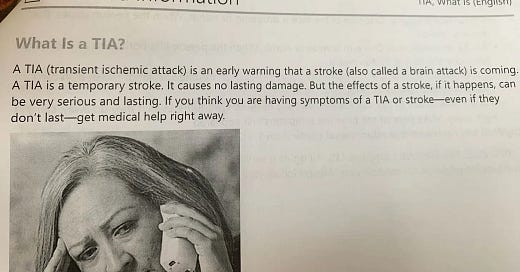


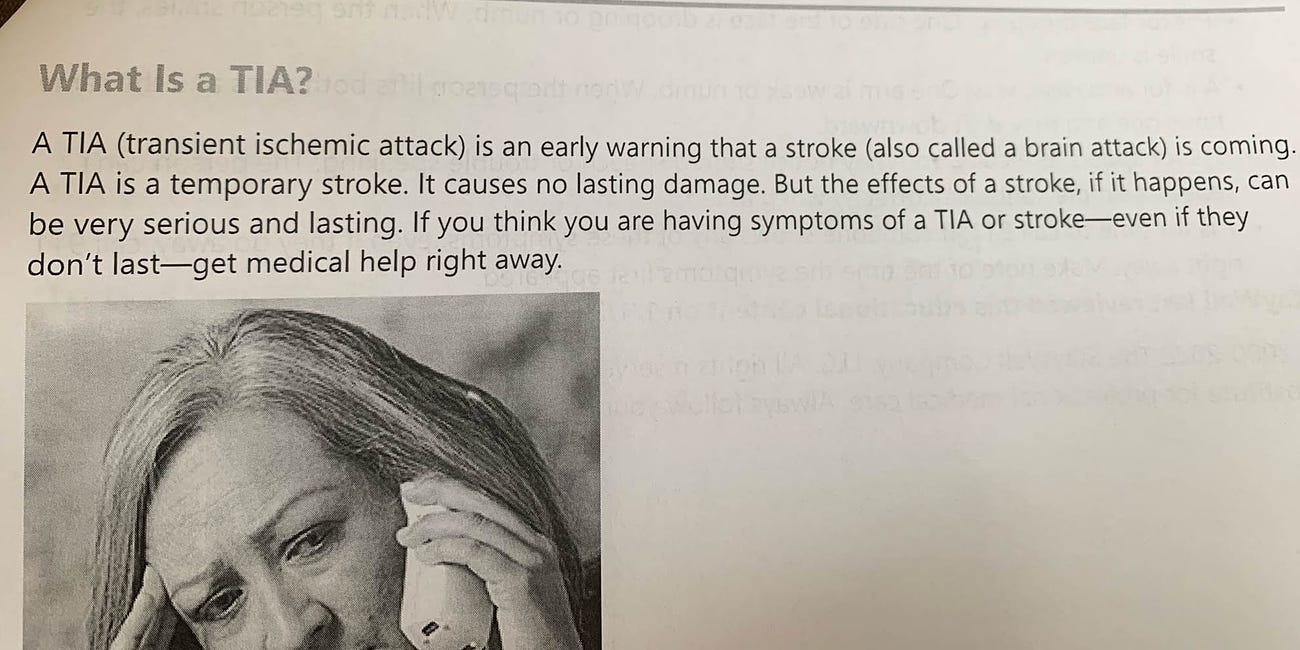
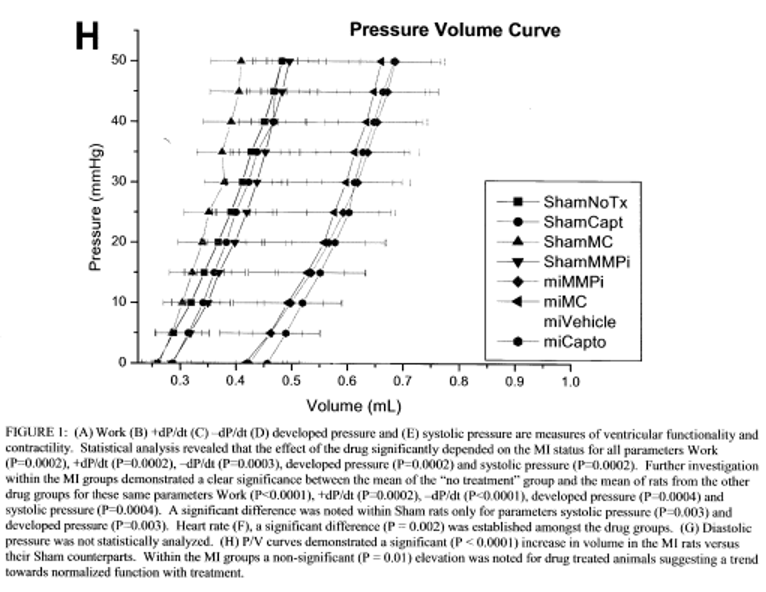

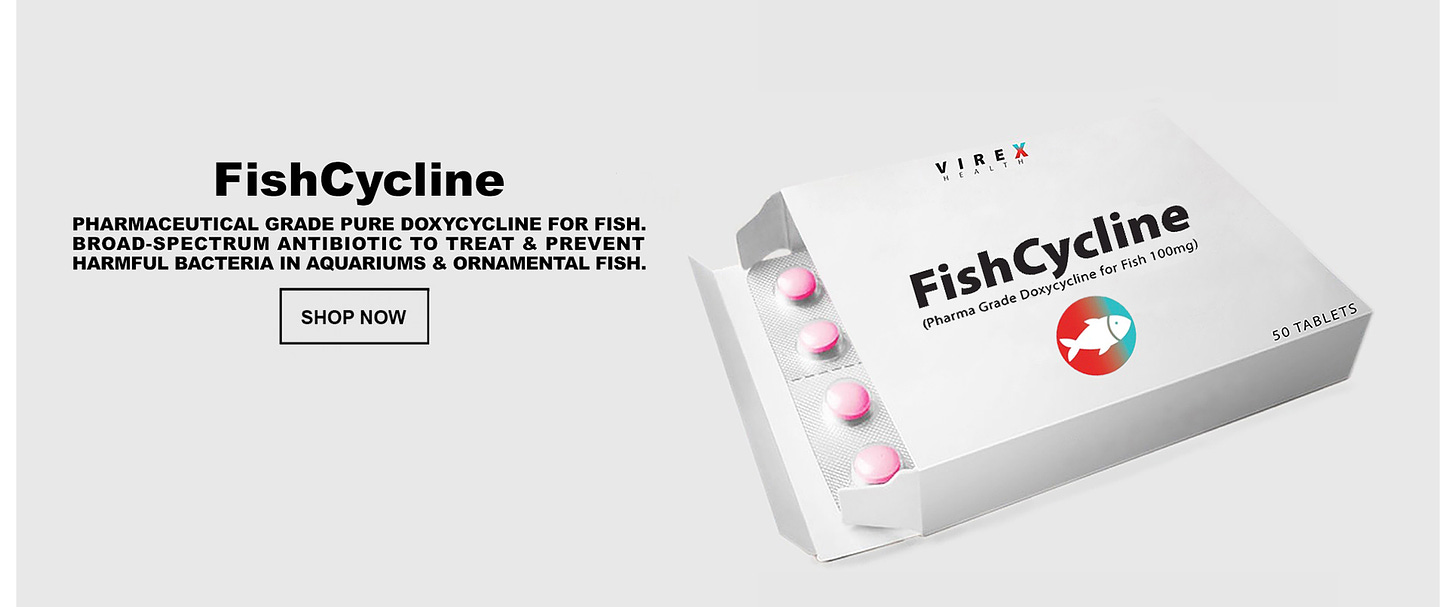







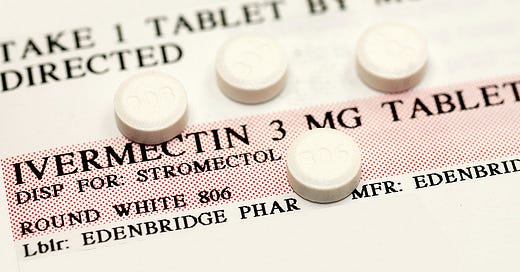



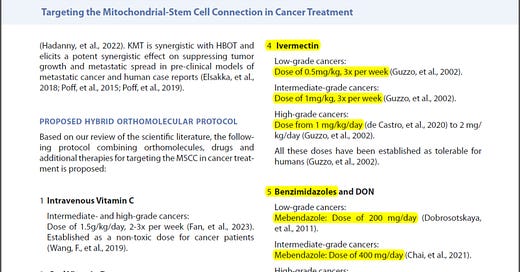


Off topic, yesterday we visited a friend who started ivermectin and fenbenazole for prostrate cancer. He’s doing well. Has a checkup in April. It recurred from the 1980’s after 2 covid shots.
Sending to a friend. ❤️